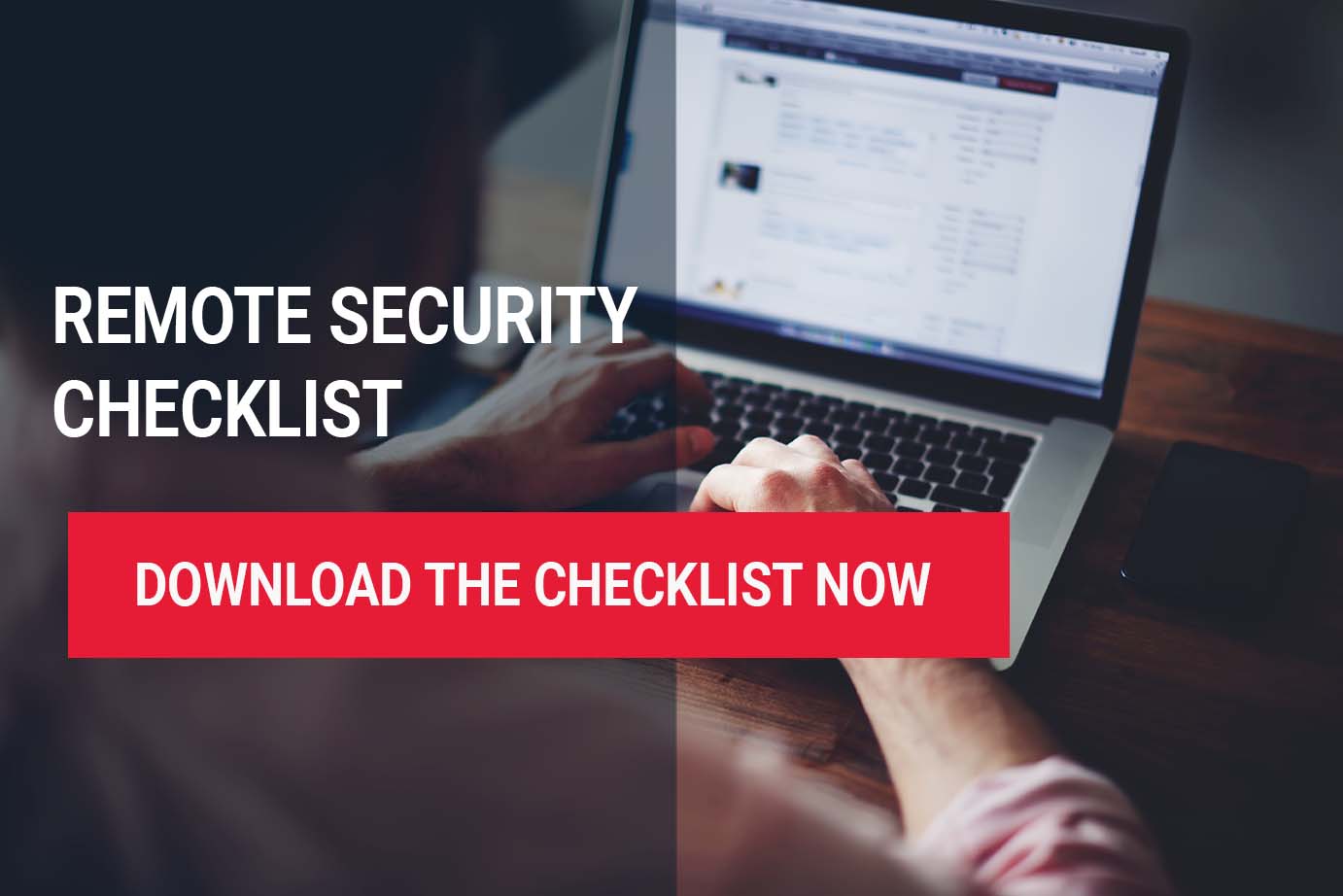More and more companies have moved to remote work due to COVID-19. Fortunately, technology today allows for most companies to set up remote environments. However, remote workspaces introduce new parameters and variables into an organization’s setup. Companies that haven’t thoroughly addressed security in their remote work plans put themselves at significant risk.
Here are some of the security measures that employees can utilize while working remote.
Maintaining Device Security
As your employees move to remote work, they may be using their personal devices for work purposes, along with ones they bring home from the office. New devices connecting to the network can create security vulnerabilities, leaving your company data at risk.
There are simple tasks that your employees can accomplish to ensure that their devices are secure. One that often gets overlooked is updating their devices. Although updating can seem like a pain, it can improve device security. All device manufacturers are continuously working on updates to ensure that the systems are working efficiently and keeping out bugs. If employees don’t keep up with updates, they could be working on outdated software with known vulnerabilities.
Passwords are also crucial when it comes to device security. Make sure your employees use device passwords that are difficult to guess. Many people use passwords involving their own names or topics that are closely related to them, but these are easy to hack. Ensure that your employees are using complicated passwords with unrelated numbers and letters.
Additionally, many homes today utilize “virtual assistants” (i.e., Alexa, Google Home) to provide maximum security; these devices should be disconnected when employees are working to ensure that confidential data is not shared.
Maintaining Data Security
Remote work has added a new level of security considerations for companies to protect their data. According to Shred-It’s 2018 State of the Industry Report, 86% of business executives believed remote workers increased a company’s chances for a data security breach.
Companies need to proactively protect their company’s data. To do this, your company should implement a cybersecurity policy that provides steps for your employees to take while out of the office. Some employees today are unaware of data security measures – often, employees assume that if they maintain device security, then their data will also be secure. Unfortunately, this is not the case. Employees should be aware of the following:
- Secure internet connections.
- Two-factor authentication.
- Encryption software.
- Firewalls.
- Anti-virus software.
- Anti-malware software.
Creating a unified list of security protocols can be extremely useful and can ultimately save your company’s data.
Informing Your Employees
As stated above, the best way to protect your company’s data is to form a cybersecurity policy. At Red8, we have created a simple-to-follow Remote Security Checklist that you can circulate to your team to inform them how to maintain security while working remotely.
Download the checklist now to maximize your employee’s remote IT security.



